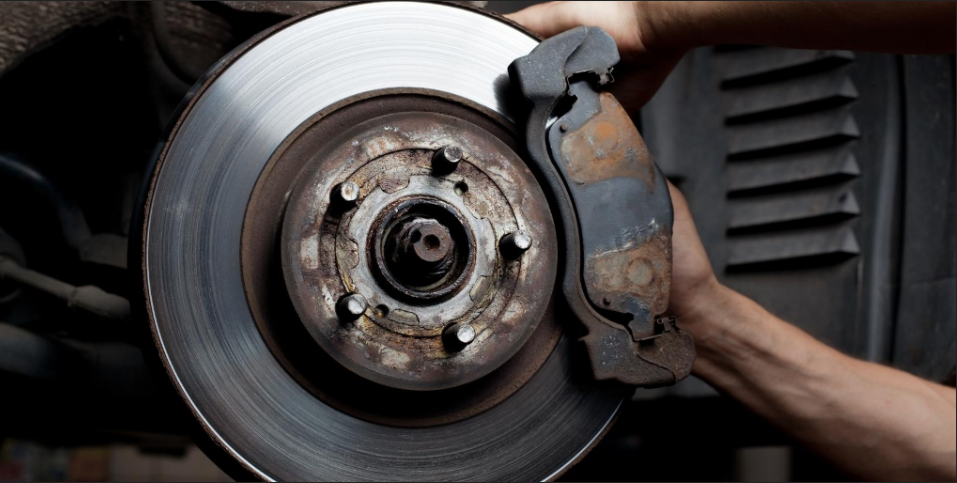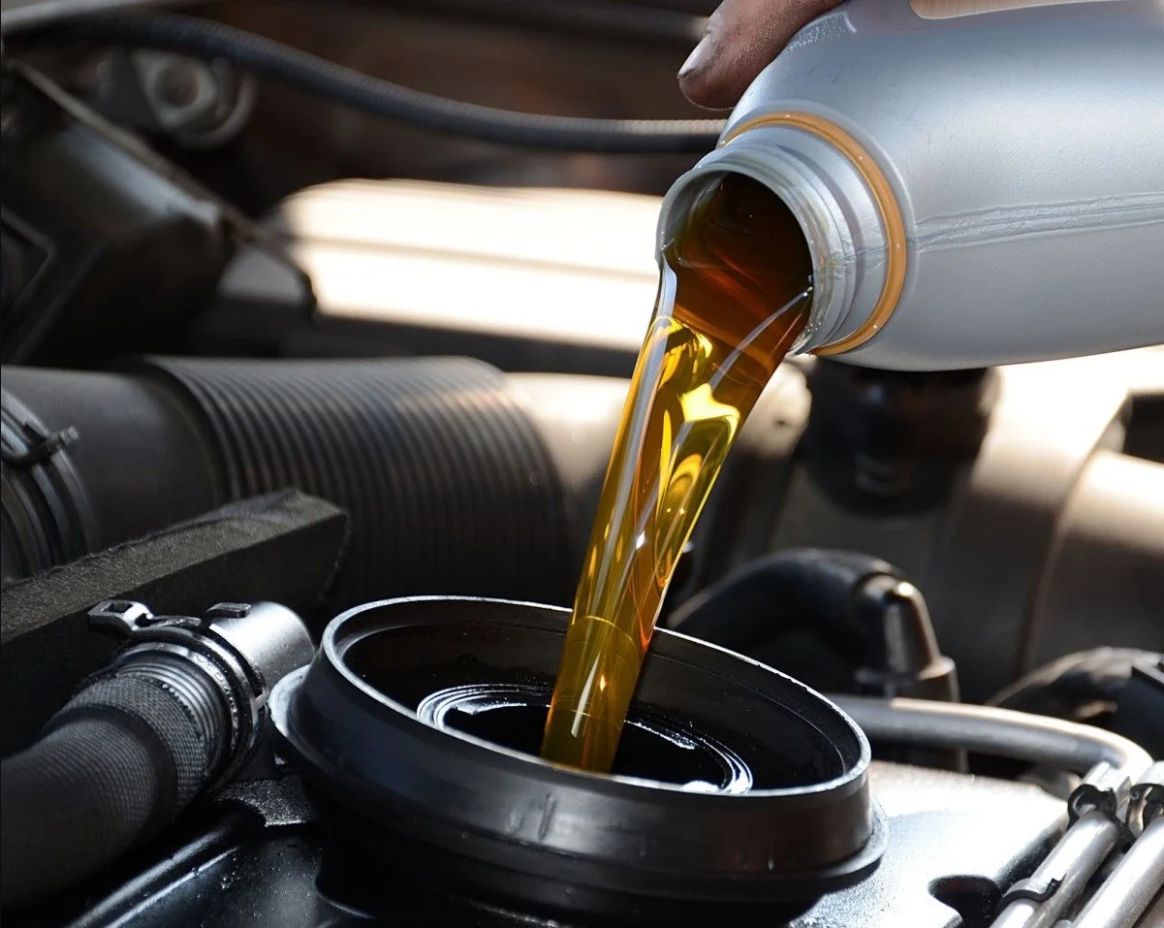Your vehicle’s brakes are essential for safety, and it’s crucial to recognize common signs of brake issues and act promptly to address them. In this blog post, we’ll explore some key indicators of brake problems and why visiting your automotive repair shop is essential when you notice these symptoms.
Signs of Brake Problems
Squeaking or Squealing Noises:
High-pitched squeaking or squealing sounds when you apply the brakes often indicate worn brake pads. Ignoring these sounds can lead to more extensive brake system damage.
Vibrations or Pulsations:
If you feel vibrations or pulsations in the steering wheel or brake pedal when braking, it may suggest warped brake rotors. Prompt attention is necessary to ensure safe braking.
Soft or Spongy Brake Pedal:
A soft or spongy brake pedal that requires more pressure to stop can be a sign of brake fluid leakage or air in the brake lines. Immediate action is essential for your safety.
Brake Warning Light:
When the brake warning light on your dashboard illuminates, it indicates a brake system issue that should be diagnosed and resolved by a professional.
Burning Smell:
A burning smell when you apply the brakes can be a sign of overheating brake components, which can lead to costly damage if left unattended.
Uneven Brake Pad Wear:
If one brake pad wears down faster than the others, it may signal a problem with the caliper or brake hardware, requiring prompt attention.
Why Prompt Repairs Are Crucial
Brake problems compromise your safety on the road. Ignoring these issues can lead to costly repairs and potentially dangerous situations. Addressing brake problems promptly ensures that your vehicle stops reliably when needed and prolongs the life of your braking system.
Conclusion
Your vehicle’s brakes are critical for safety, and recognizing common signs of brake problems is essential. If you notice any of these symptoms, don’t delay in visiting your automotive repair shop. Timely brake maintenance and repairs ensure that your vehicle stops reliably when needed, keeping you and your passengers safe on the road.


